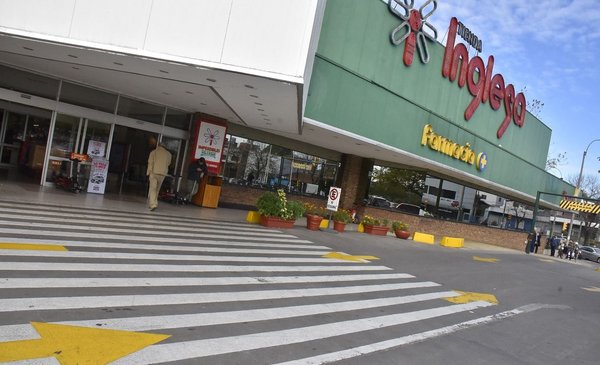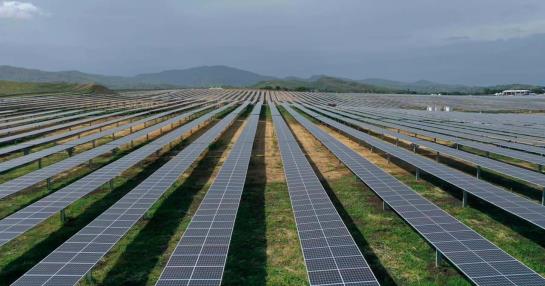The Commission for the Promotion and Defense of Competition —a decentralized body that reports to the Ministry of Economy and Finance— set a new legal framework to authorize concentration operations in the Uruguayan retail market, which complicates the expansion strategy of the country’s large supermarket chains. In that context, the The MEF commission denied an operation to purchase a supermarket from Tienda Inglesa in Parque del PlataCannelloni.
Sources linked to english shop they commented to The Observer that the company appealed this decision for “understanding that the applied criteria is technically incorrect.”
The Observer consulted two other supermarket chains of relevance in the market but they avoided commenting on that ruling and the new legal framework that is in force. Meanwhile, the Association of Supermarkets of Uruguay, the union that brings together large stores, has not yet formally addressed the new regulatory framework set by the MEF’s Promotion and Defense Commission, reported its executive secretary Daniel Menéndez. An informant indicated that new legal provision “blocks” the new investments of the large supermarket chains in Uruguay.
Background
When the possibility arose that Tienda Inglesa would buy 100% of Almacenes Éxito SA in Uruguay (Disco, Devoto and Géant), the MEF commission made a “preliminary definition” of what it considered “relevant market” based on an economic report . The objective was to avoid the “possible formation of monopolies of local events in that economic operation”, that later was finally frustrated for strictly business reasons between the parties.
In May 2020, the Commission for the Promotion and Defense of Competition ordered a preparatory measure in order to study the retail distribution sector, in addition to going for “a new definition of relevant market” for retail trade. This process involved the collection of information from supermarket chains or those premises that present three or more boxes, recalls the resolution published by the commission on February 7.
Camilo dos Santos
Tienda Inglesa does not share the criteria of the commission and will appeal the resolution.
We also worked with data from the Consumer Defense Area and requested income from each commercial premises and prices per unit of the 1,000 most demanded products between 2017 and 2019. These data were then updated for 2020, with information from the large and medium-sized chains. . The commission also appealed to a Document by Cinve, Equipos Consultores and the study Posadas, Posadas & Vecino called “Contributions for the determination of the supermarket market in Uruguay”, according to a survey of more than 200 clients of a group of establishments carried out at the end of 2020 and which included Montevideo, Atlántida and Mercedes.
The commission’s resolution holds that there are currently five large supermarkets in Uruguay, which differ in their geographical distribution, size, branches and services provided. “To these five chains are added other smaller ones, which have grown exponentially in recent years,” he warned. He adds that although the global trend points towards a “highest concentration in the industry“, on Uruguay this process is not “as high” as it happens in other countries. Based on information from the DGI for sales and the National Household Income Expenditure Survey of the INE, “the weight of the large chains is greater in Montevideo” than in the interior, which is “expected,” he explains. the organism.
In this sense, the commission of the MEF considered relevant to study the “existence of a dominant position of supermarket chains in some geographic markets, particularly in certain localities in the interior of the country, to which must be added the trend towards concentration that has been happening in recent years”.
Price gaps and oligopolies
In a analysis of almost 2,800 productsit was found a “lower price level” in Artigas, Salto and Rivera, “which could be due to the phenomenon of contrabandeven though they are not the only departments that suffer from this phenomenon”, says the official document. On the other hand, the highest price level is in Maldonado during the summer months. It was also identified that spending of consumers who go to large stores “is much higher” compared to those who buy in small or medium-sized stores.
On the other hand, within the products of national originl (non-alcoholic beverages, flour, noodles, rice, baked goods, tomato sauce, water, dairy products and beer) a “oligopolistic structure in the production of said goods, with a high concentration, in general, dominated by two or three market agentswhile there is cases where there is a single agent with an almost monopolistic position (beer, dairy products and water).
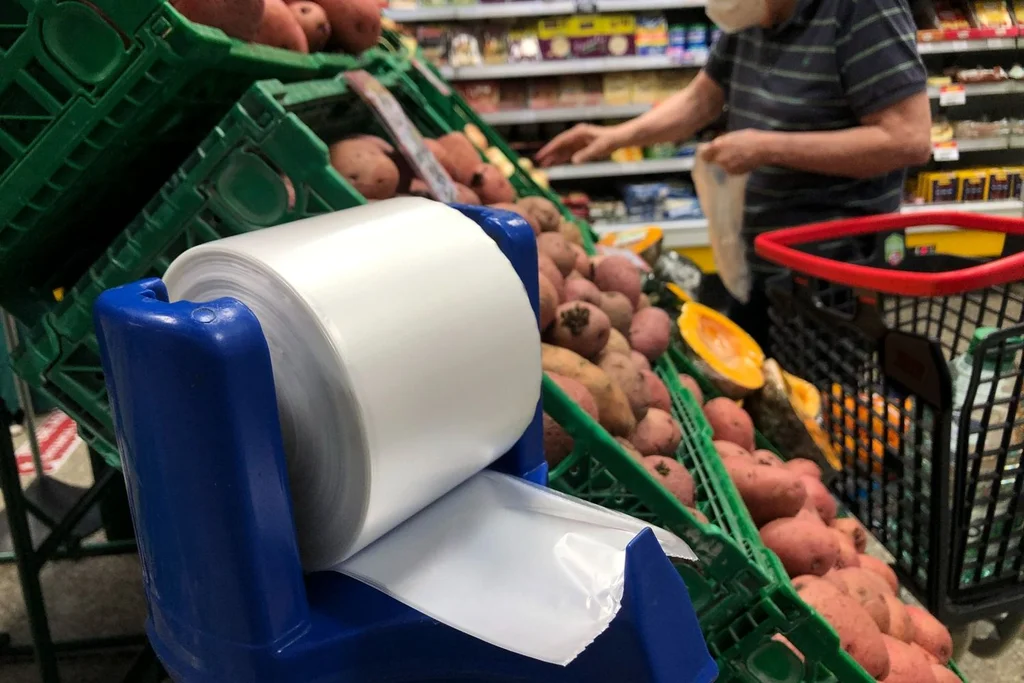
Camilo dos Santos
The MEF Commission established a criterion to define what it considers a relevant market.
Meanwhile, in products that present a competitive bid with imported products (oil, mayonnaise, yerba mate), “exists in the case of oil an agent with a very important presence in both markets”, while in the rest there are “one or two outstanding agents”. In the case of Cleaning products (mostly imported), “there is a clear dominance of one or two brands, the most significant case being that of toothpaste”.
“Most of the products with the highest demand have a highly concentrated market structure, regardless of whether it is of national or international origin”, warns the resolution. Likewise, it maintains that there is a market structure “with a great predominance of some chains and supermarkets in certain parts of the country”, while noting that “a important range of products present prices above the level of the region”.
New definition of relevant market
Based on the information collected, the economist adviser to the MEF commission focused on the “definition of the relevant market” taking into account the international background. In this context, the Competition Commission considered it appropriate “review” the definition with the number of boxes. The advisor considered that it should be taken into accountto the surface of the sales premises and evaluate the number of boxes. It was also considered appropriate to consider the amount of services providedsince large stores have a greater offer for their customers.
On the other hand, the commission understands that it is relevant to “distinguish the way of considering large towns from small ones”. In the case of the “geographical scope” Three fundamental elements are considered: the means of transport used, the distance traveled and the time involved in the transfer to the commercial premises.
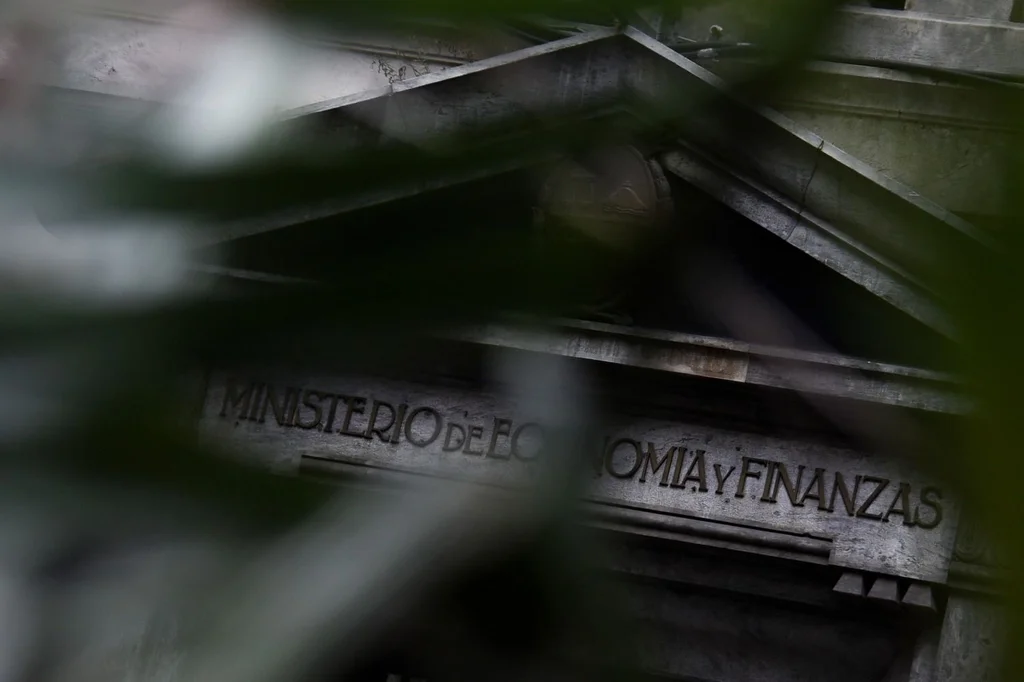
Camilo dos Santos
The commission prevented Tienda Inglesa from buying a supermarket in Parque del Plata.
The consultant proposed a definition of the market from the perspective of the product. thus distinguishes between large surfaces, greater than or equal to 1,400 square meters (m2), average size between 200 and 1,3933 m2 and small size less than or equal to 199 m2. It will be at the discretion of the commission if there are businesses of more than 800 m2 with 10 boxes or more, whether they are considered large or not. The same will apply to surfaces that have less than 10 boxes. Likewise, the businesses that belong to supermarket chains with an area of less than 200 m2 may be considered as medium-sized businesses if the MEF commission understands it that way.
For its part, from geographical perspective, proposes “limiting those localities with less than 75 thousand inhabitants as a single relevant market, regardless of the type of supermarket”. In the towns with the largest population, “a circumference will be established, which highlights the influence of businesses.”
On the other hand, for the localities with the largest population, such as Montevideo and its metropolitan area, will take into account “the duration of the journey to make the purchase” which is between 12 and 17 minutes, with an average speed in the case of vehicles between 30 and 34 km/h. In addition, it establishes a radius of 4,000 meters for large stores and a radius of 2,200 meters for medium-sized supermarkets.. For the small businesses, a circumference with a radius of 800 meters is considered, in any locality of the country.
Thus, the Commission for the Promotion and Defense of Competition of the MEF resolved to “adopt the relevant market definition from the point of view of the product as well as from the geographical point of view for retail trade”. The resolution is signed by commissioners Natalia Jul and Alejandra Giuffra.
The verdict against Tienda Inglesa
The new relevant market definition —which is now taken into account by the Commission for the Promotion and Defense of Competition— stopped an economic concentration operation by Flater SRL (English Store), which intended to keep 100% of Rodi Ltda (Super Rodi), located in Parque del Plata (Cannelloni). english shop had requested authorization to carry out this operation on August 31.
Appealing to the new current legal framework, the MEF commission decided to define the relevant market from the perspective of the differentiated product between those larger businesses, which preferentially receive stock purchases, and medium and small businesses.
Regarding the economic analysis of the “concentration of yore, the advisor indicates that Super Rodi is a supermarket dedicated to retail trade”, which has 990 m2, with 12 boxes (4 of them self-billing). Meanwhile, the group Tienda Inglesa is made up of 13 stores distributed throughout Montevideo, Canelones and Maldonado, and recalls that two years ago it began an expansion process that led it to “acquire 36 stores so far.”
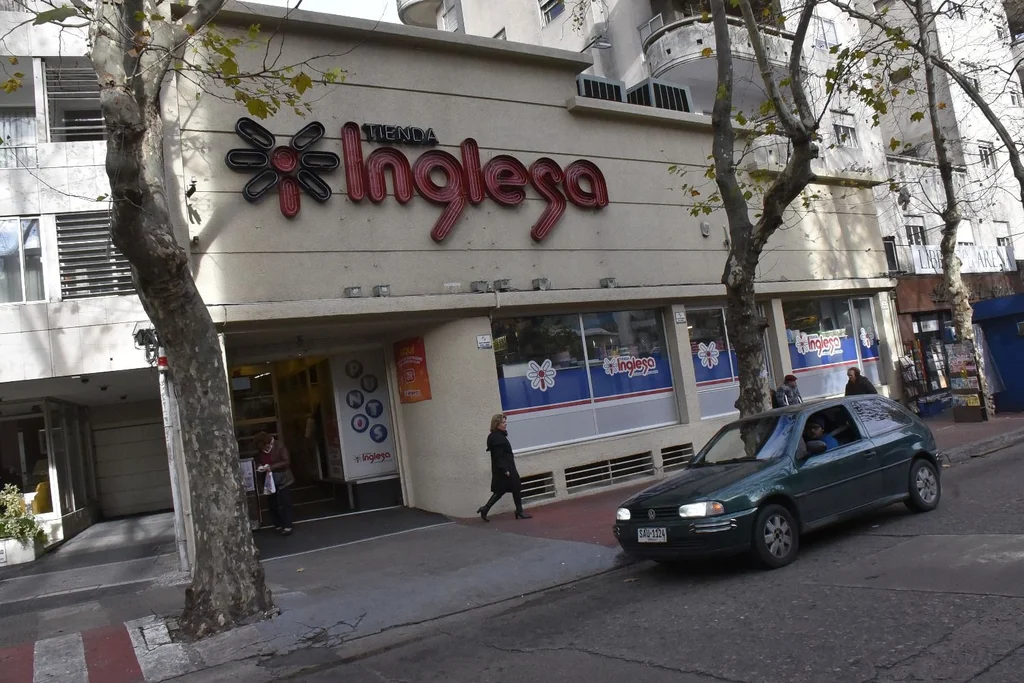
Camilo dos Santos
The English store chain had a strong expansion in the last two years.
In this context, the resolution indicates that the Tienda Inglesa group has two stores “relatively close” to Super Rodi: Tienda Inglesa Atlántida and Supermercado Expres located in the same Parque del Plata resort. The latter was acquired in October 2019 and is only 2 km from Super Rodi, it has 300 m2, it has 4 boxes, and it offers the same range of products. As Super Rodi is considered a medium-sized business, in those cities with a smaller population, the market is defined as the entire locality as a whole, while in the case of spas, there is the possibility of adding these localities within the same geographic market. .
The Commission’s advisor considered that the merger of Super Rodi with the Tienda Inglesa group would lead to the latter having a concentration of more than 65% of the income of the four businesses in the area (Parque del Plata Supermarket, El Dorado, Expres Supermarket and Super Rodi). In this sense, he maintains that “a highly concentrated market generates significant damage to consumers for different reasons. In the first place, competition between different market agents is limited due to the increase in the dominant power of one of them” and that “power limits the possibility of consumers being able to choose the option that is most convenient for them”.
It explains that in the event that a customer chooses not to make purchases at one of the Tienda Inglesa stores, they should go to the Parque del Plata Supermarket, which is the smallest in the area and has less variety and service, or go to to El Dorado which is in the nearby resort (Las Tocas). In addition, it maintains that Tienda Inglesa “presents a price level above the general average” and “presents behaviors of increases at some times of the year in Maldonado in the summer season.”
Based on these and other arguments Managed by advisor The Commission for the Promotion and Defense of Competition resolved “not to approve the economic concentration” between Tienda Inglesa and Super Rodi.
